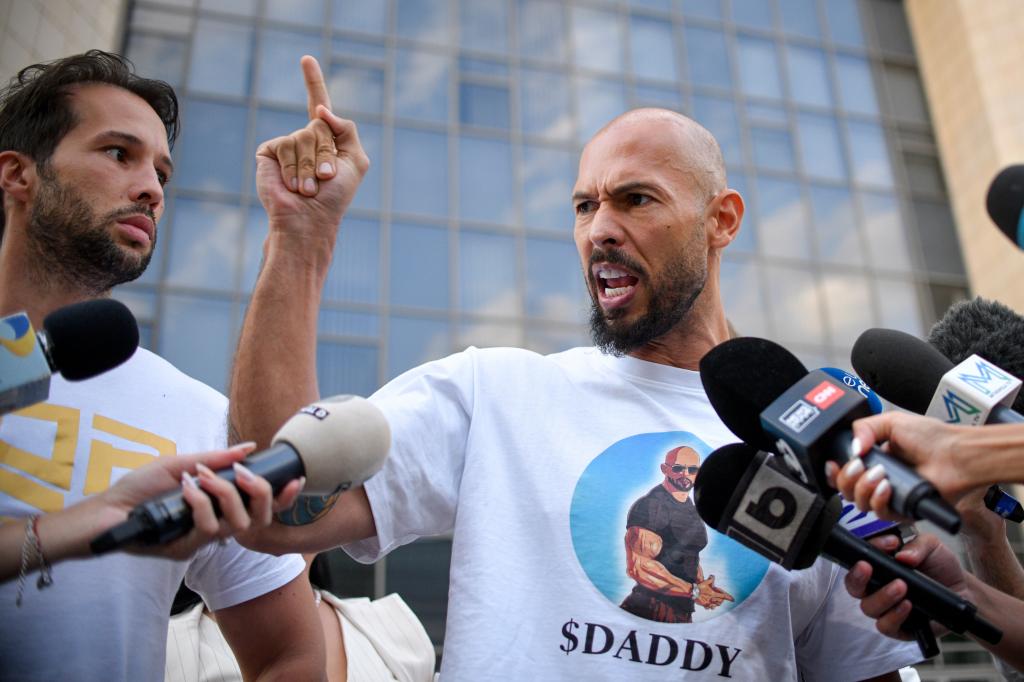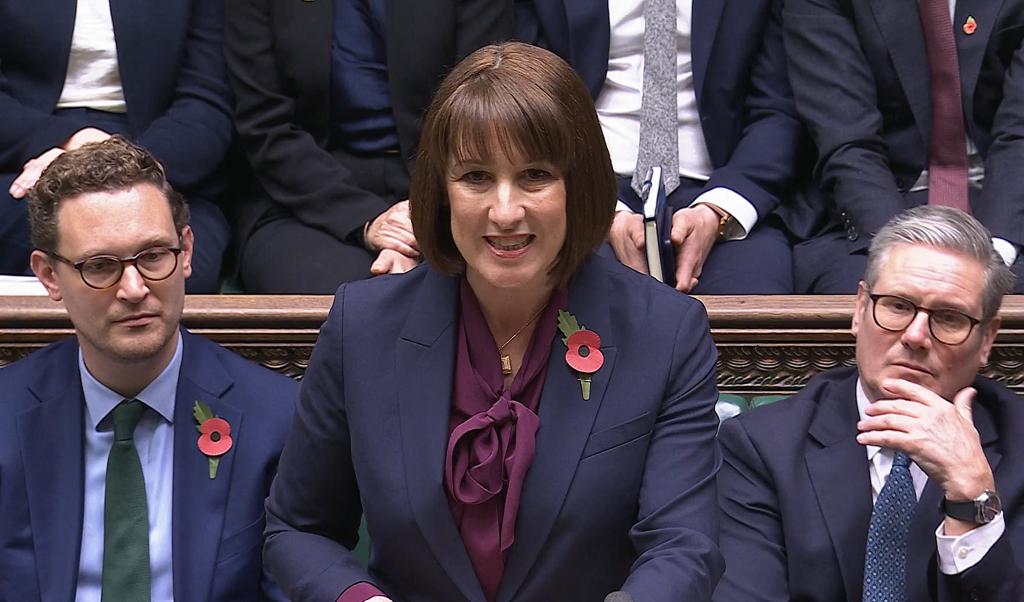Rupert Grint’s £1.8 Million Tax Battle with HMRC Uncovered
Explore Rupert Grint's £1.8 million tax battle with HMRC and uncover the challenges behind celebrity finances and the need for financial literacy.

Key Points
- Rupert Grint
is facing a £1.8 million tax dispute with HMRC over the classification of his earnings from the
Harry Potterfranchise.
- The tribunal ruled that his income should be taxed as regular income rather than capital gains, highlighting the complexities of celebrity finances.
- This case underscores the importance of financial literacy for artists to navigate their financial responsibilities effectively.
In a surprising turn of events, Rupert Grint, the beloved actor known for his role as
in the Harry Potter franchise, is embroiled in a significant tax dispute with
(HMRC). After a lengthy legal battle, Grint has been ordered to pay more than £1.8 million in tax, a stark reminder of the complexities associated with income tax and capital gains tax. This case presents an interesting perspective on the financial responsibilities that come with fame and fortune, particularly for those who manage creative enterprises.

The Background of the Dispute
The conflict dates back to an investigation by HMRC into Grint’s tax return for the fiscal year 2011-2012. During this period, Grint received a considerable sum of £4.5 million from a company that managed his business affairs. This payment was categorized as “consideration for rights, records, and goodwill” derived from his work in the Harry Potter films. However, Grint and his legal team argued that this income should have been classified as a capital asset, which would subject it to a lower tax rate of 10% under capital gains tax.
In contrast, HMRC contended that the amount should be treated as income, liable for a higher tax rate of up to 52%. The tribunal judge, Harriet Morgan, ultimately sided with HMRC, asserting that the payments “derived substantially the whole of its value from the activities of Mr. Grint”, highlighting the nuanced nature of tax legislation that affects high-earning individuals.
The Legal Battle and Its Implications
This legal battle is not Grint’s first. He previously faced a similar situation concerning a £1 million tax refund in 2019, indicating a pattern of scrutiny surrounding his financial affairs. The ruling illustrates the rigorous examinations public figures may undergo regarding their income and the often complicated relationship between earnings and taxation.
In the broader context, this case sheds light on the financial challenges faced by artists and entertainers. Many may not fully grasp the complexities of tax classifications and may find themselves facing substantial liabilities as they navigate their careers. For Grint, maintaining a business surrounded by his acting career has proven to be a complicated endeavor.
Reflections on Celebrity Finances
This situation serves as a powerful reminder of the financial responsibilities that accompany success. While Grint has earned an estimated £24 million over his time acting as Ron Weasley, the reality of managing that wealth is intricate. Even highly successful individuals must remain informed and engaged when it comes to financial management.
Moreover, the discourse surrounding Grint’s tax situation encourages a broader conversation about the financial literacy of young stars. Many artists begin their careers at a young age and may not receive adequate support or education in managing their earnings effectively. Ensuring that upcoming talent receives the proper guidance can lead to more informed decisions and avoid potential financial pitfalls in the future.
A Starker Reality for Artists
As we analyze the legalities surrounding cases like Rupert Grint's, it's crucial to consider how public perception of tax responsibilities can differ from reality. Fans often view celebrities through a lens of admiration and success, overlooking the intricate legal and financial worlds they must navigate. Grint's experience exemplifies that fame does not shield one from fiscal scrutiny; rather, it often amplifies it.
As this story continues to unfold, it emphasizes the importance of financial transparency and literacy in the entertainment industry. Industry leaders and organizations should aim to cultivate environments where artists are not only allowed to thrive creatively but are also empowered to manage their finances effectively.
In summary, Rupert Grint’s tax dispute with HMRC showcases the complexities that accompany financial success in the entertainment industry. While his situation may seem daunting, it can serve as an essential learning lesson for both current and future artists regarding the importance of financial education. As fans, it is important to remember that behind the characters we love are real individuals facing real financial responsibilities.


